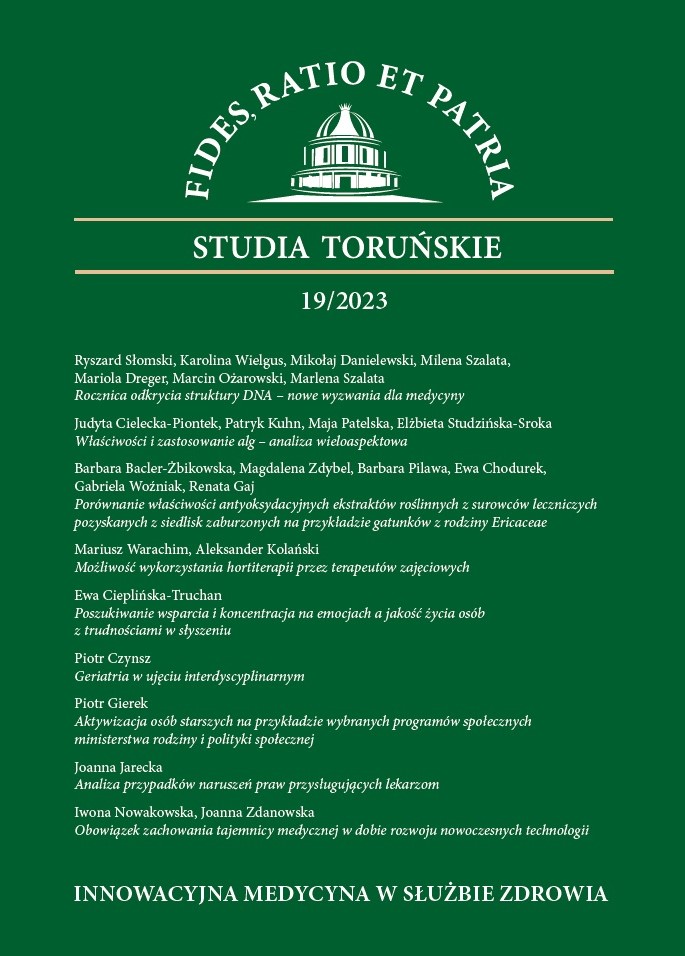No. 19 (2023)
INNOWACYJNA MEDYCYNA W SŁUŻBIE ZDROWIA
Health challenges around the world are becoming increasingly complex and demanding, posing enormous challenges to health systems. Ageing populations and climate change are significant factors affecting public health, making it necessary to combine medical innovation with advanced technology. Innovative solutions help in the diagnosis and treatment of diseases and in drug discovery. They also improve the functioning of the entire healthcare system. AI technologies are currently gaining a lot of popularity, but more and more companies will have access to large databases and it is hard to judge how much AI will be a sustainable innovation. Certainly, the future will be technologies based on unique and hard-to-access measured medical data. AI is increasingly not only helping to discover new drugs, but also reducing the time and cost of clinical trials, opening the door to breakthrough drug therapies and new methods of disease prevention and treatment. Research in biology and biotechnology is making it possible to underpin the creation not only of new medicines by the pharmaceutical industry, but also of appropriate devices to perform treatments and operations, often saving lives. We are not only improving diagnostics, but also introducing new therapies and interventions to make patients' lives more comfortable.
The use of advanced technologies in the healthcare sector brings with it a number of challenges and constraints that need to be borne in mind. This includes ethical issues, patient rights and medical staff responsibilities, as well as the availability of medical information. In the featured issue of 19/2023, we have tried to present articles that address all of these medical issues that affect the health and comfort of our lives in the theme.
THE MAIN THEME OF THE JOURNAL
ANNIVERSARY OF THE DISCOVERY OF DNA STRUCTURE - NEW CHALLENGES FOR MEDICINE
PDF (Język Polski)


 Język Polski
Język Polski
 English
English
 Русский
Русский
 Slovenčina
Slovenčina
 Hrvatski
Hrvatski

